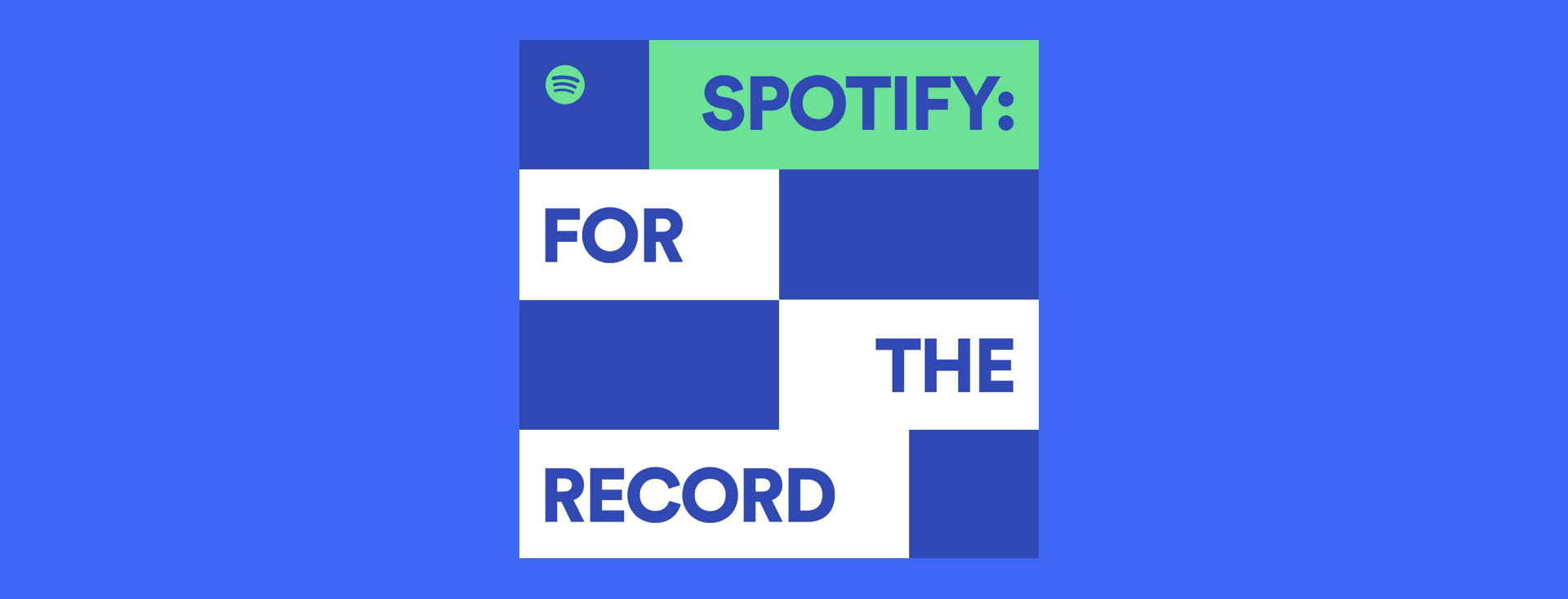Why the future of music is looking so bright in South Korea
In an interview with For the Record, David Sang Wook Park talked about Spotify’s ongoing mission to link music artists and fans in South Korea and across the world.
Last month Spotify launched in South Korea for the first time. Now in an interview over on Spotify’s For the Record David Sang Wook Park, Managing Director of Spotify Korea, has revealed more about what shape the future of Korean music might take.
The streaming service and the global music world at large have been gradually waking up to Korean music, including the juggernaut that is K-Pop. For Spotify the journey began back in 2014 with the launch of its first K-Pop playlist, K-Pop Daebak, which has featured the likes of BTS, BLACKPINK and ITZY. Since then K-Pop listening on Spotify has increased by over 2000%.
At RouteNote we’re well aware of the passion Koreans have for music and partner with Bugs!, Korea’s largest music store. Our other partners include services like Melon and Vibe, top streaming platforms in South Korea – we’re always delighted to distribute artist’s tracks to the constantly growing and ever-vibrant Korean market.
Park was confident about the potential for artists and listeners now that Korean music is cemented in the Spotify mainstream. We’ve pulled together a few interesting points from the article here:
What’s Spotify’s ultimate vision and goal in Korea?
David Park: Our ultimate goal is to provide the best audio experience to our listeners in Korea, and to continue to connect artists and fans on a scale that has never before existed. For listeners, we are committed to creating a personalized experience tailored for their lifestyle, as well as diverse new content from all over the world.
We see ourselves as a catalyst for additional growth in the market, with discovery of new artists and music being a key strength. We’re also confident that there is ample room for Korea’s music market to grow further as listeners’ audio and music consumption habits transform gradually. The shift has already begun. It’s only a matter of time and we’re working hard to speed things up.
How will Spotify support Korean artists?
David Park: We’re now hoping to take Korean music and artists’ global popularity to another level. Just recently we saw a variety of different artists, such as ROSÉ, DPR IAN, SHINee, Epik High, CHUNG HA, and more landing in the top 10 of the global Spotify debut charts.
Korea’s music industry has been the epicenter of new cultural trends and music for many years, and it’s important for us to embed even further into this unique market, forging closer relationships with even more artists and labels and connecting them with fans across the globe.
It’s been 50 days since Spotify launched in South Korea. What are some initial reactions you can share?
David Park: From the artist community, we have generally received a warm welcome and positive feedback that our launch has activated the local music streaming market. We’re hoping that more listeners will be able to connect with a more diverse range of artists and music genres, both in Korea and around the world.
From listeners, we continue to get extremely positive feedback on our unmatched personalization and discovery technologies. They’re seeing a very high level of music-related editorial input, powered by data and the depth of our algorithmic machine learning. Listeners are discovering new artists and music, expanding their listening range and experience.
Can you talk about the timing of this launch? Why was now the right time?
David Park: Korea’s music streaming market is a highly mature, unique, and complex one. We had to invest an immense amount of time, resources, and research years before the launch. In every country we enter, we have to take market specificities into consideration and align with the local industry.
Our focus is on democratizing audio and music in the long run and helping to accelerate the growth of Korea’s entire music streaming ecosystem, benefitting creators, labels, distributors, and fans. It’s a marathon, not a sprint.
Before Spotify launched in South Korea the country was already brimming with music lovers and talented musicians. Last year figures showed that 1 in 5 people in South Korea subscribed to a music streaming service.
David Park and Spotify clearly see the massive world-dominating potential that Korean music holds, and they’re not the only ones. There are deals between the K-pop labels and the “big three” labels happening with increased frequency. Announcements like Universal Music Group and Big Hit Entertainment’s joint effort to find the next big K-pop boy band show the confidence the global music industry has in the flourishing Korean music world.
